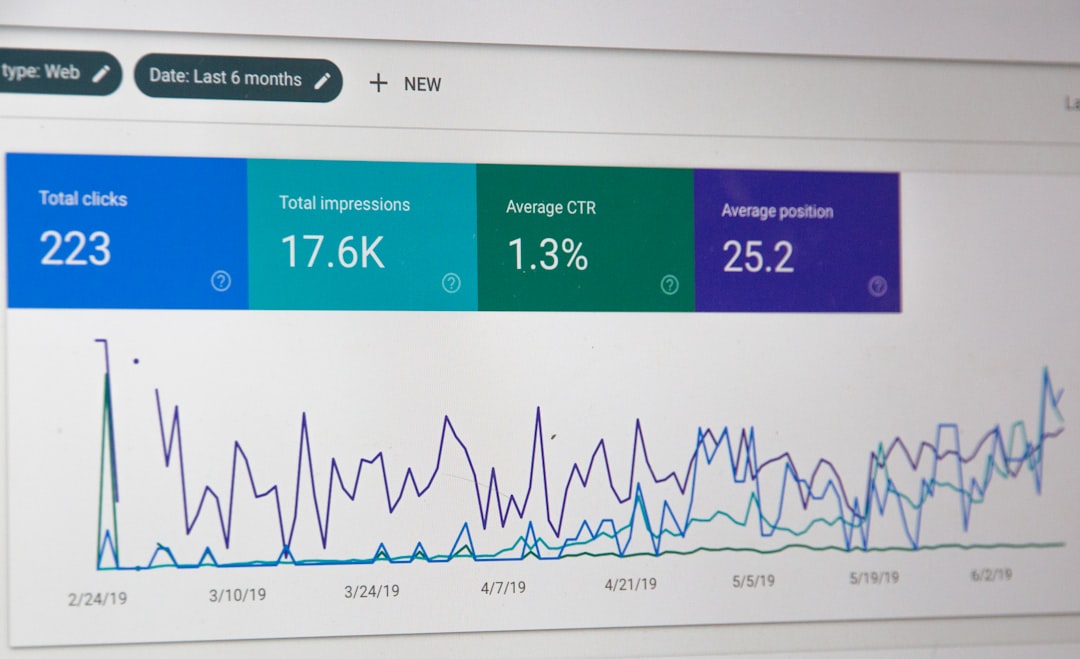Public relations plays a crucial role in the overall marketing strategy of a business. It is the art of managing the spread of information between an organization and its audience. PR helps to build strong relationships with customers, investors, employees, and the general public, and ultimately contributes to the success of a company.
One of the main objectives of PR in marketing strategy is to create brand awareness and brand credibility. By getting coverage in the media, whether it be through press releases, interviews, or articles, a company can reach a wider audience and establish itself as a credible and trustworthy entity. This can help to increase brand recognition and attract new customers.
PR also plays a key role in shaping the public perception of a company. By managing communication strategies and effectively disseminating information, PR professionals can help to maintain a positive image for the organization. This is especially important in times of crisis, when a company’s reputation may be at stake. PR can help to mitigate damage and protect the brand’s reputation through effective crisis management.
Furthermore, PR can help to build and maintain relationships with key stakeholders. By fostering good relations with the media, industry influencers, and other important players in the market, a company can gain valuable exposure and support. These relationships can also provide opportunities for partnerships, collaborations, and endorsements, all of which can help to strengthen the brand and drive business growth.
In addition to brand awareness and reputation management, PR plays a crucial role in generating leads and driving sales. By leveraging media coverage, social media, events, and other PR tactics, companies can reach potential customers and persuade them to purchase their products or services. PR can also help to build customer trust and loyalty, leading to repeat business and long-term success.
Another important aspect of PR in marketing strategy is employee communication. A company’s employees are its most valuable asset, and keeping them informed and engaged is essential to their success. PR can help to create internal communication campaigns, employee newsletters, and other initiatives to ensure that employees are aware of company news, updates, and goals. This can help to boost morale, productivity, and overall company performance.
Overall, PR is an essential component of a comprehensive marketing strategy. It helps companies to create brand awareness, shape public perception, build relationships with key stakeholders, drive sales, and engage employees. Without an effective PR strategy, a company may struggle to establish a strong presence in the market and compete effectively with its competitors.
To maximize the impact of PR in marketing strategy, companies should invest in skilled PR professionals, develop clear communication objectives, and consistently monitor and evaluate their PR efforts. By integrating PR into their overall marketing strategy, companies can leverage its power to achieve their business goals and drive success in an increasingly competitive market.
In conclusion, PR plays a vital role in marketing strategy by helping companies to build brand awareness, shape public perception, drive sales, and engage key stakeholders. By investing in PR and integrating it into their overall marketing strategy, companies can leverage its power to achieve their business objectives and drive long-term success. As the business landscape continues to evolve, PR will remain an essential tool for companies looking to stay ahead of the competition and build strong, lasting relationships with their customers and stakeholders.

